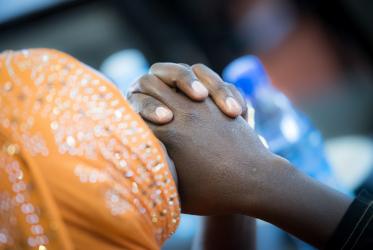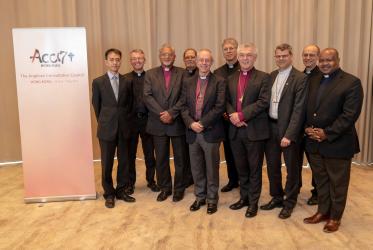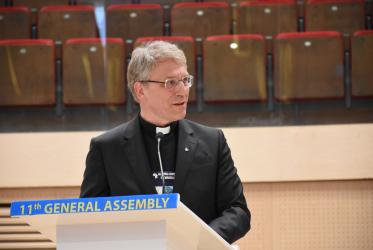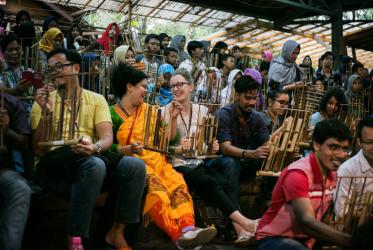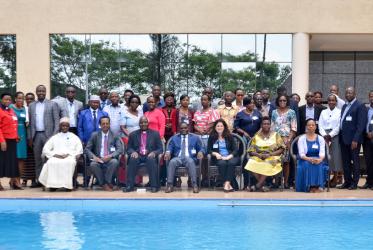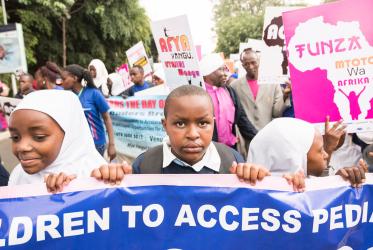Displaying 1 - 20 of 26
Theological education in Africa promotes social transformation
03 November 2022
Young Africans are eager to grapple with challenges
09 January 2020
WCC hones training on attitudes toward HIV treatment
06 December 2018
Youth in Asia can now apply for WCC inter-religious training
15 February 2018
GEM school ends with hope for a better tomorrow
08 September 2016
A just financial and economic architecture is possible, students find
08 September 2016
